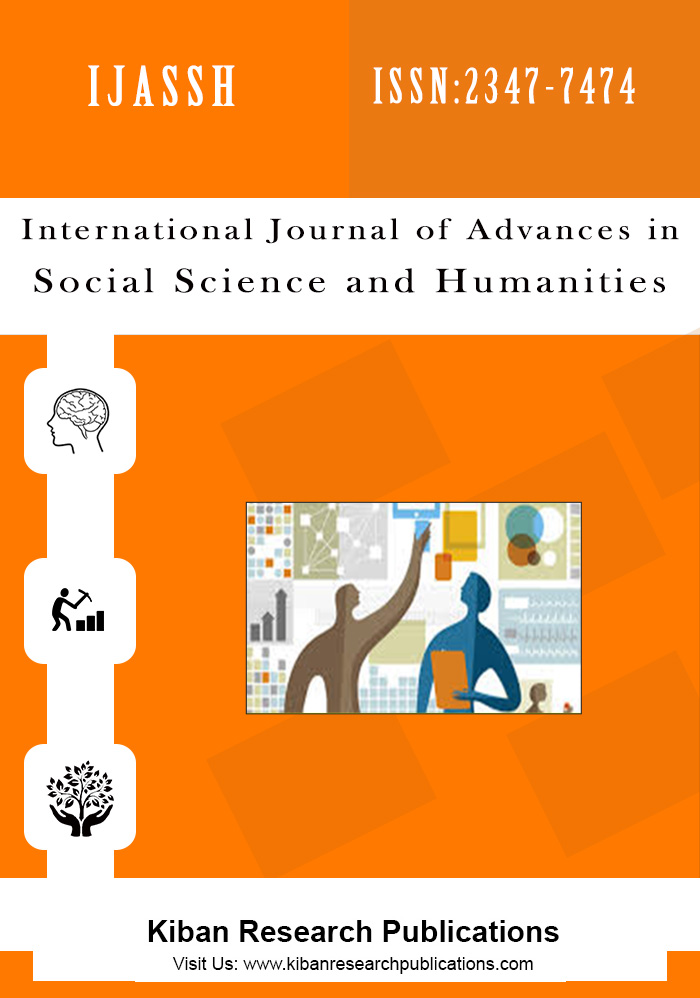An Evaluation of the Challenges in Housing Development by the Self Help Housing Agency (SHHA) for the Low Income Group in Gaborone, Botswana
Abstract
Purpose: This research project was formulated to identify the challenges of housing development for the low income group by the SHHA programme in Botswana. Methodology: Probability sampling and nonprobability sampling techniques were used to obtain data. The population of the study was a list of 344 beneficiaries known as the sampling frame and the determined sample at 90% level of confidence was 78. To collect data, primary data collection tools were used, the questionnaires were given to SHHA beneficiaries and structured guided interview questions to SHHA offices in Gaborone, Botswana Housing
Corporation, construction companies and Department of Lands. The conceptual framework of the study indicated waiting lists, overcrowding and shortage of serviced land as challenges faced by the
programme. Findings: The findings from the research study proved the conceptual framework to be true as these were the challenges which have been identified from the data collected. Lack of serviced land
was a major constraint to the programme and it was also established that there was a waiting list of 23 000 people for the SHHA plots as opposed to the SHHA loans. Plot transfers, cost recovery were also
identified as challenges to the programme. It was further found out that most low income earners were failing to pay back the instalments to the loan because they do not earn enough money to meet their
basic needs. Construction companies lamented on the poor quality of materials which they get from the building suppliers and minimal productivity of the workers because of better opportunities. Significance:
This study will help decision makers to make informed decisions as far as low income housing delivery is
concerned in Botswana.
Keywords: Botswana, Challenges, Gaborone, Housing development, Housing for low income group, Low income group, Self-help housing agency.




